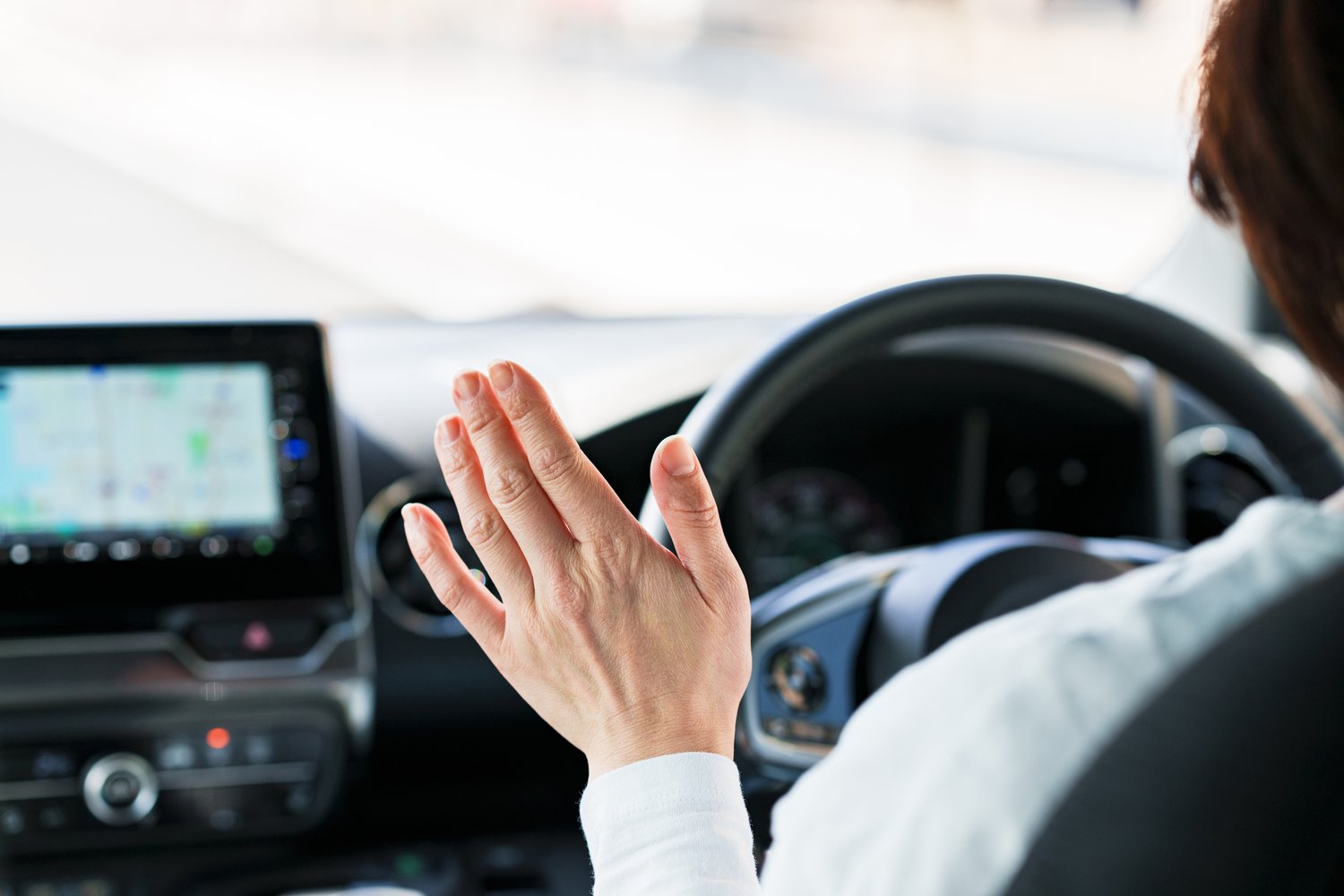In the past decade, car manufacturers like Tesla, and Volkswagen and even non-automaking technology companies like Apple embarked on a quest to revolutionize the self-driving car.
Self-driving cars are vehicles that are controlled by artificial intelligence and operate with limited human supervision. There's no telling yet when traditional driving will be replaced by fully-autonomous vehicles. However, the groundwork has been laid, and we have some of the fundamental features already integrated into available cars, such as: front and rear crash prevention systems, ultrasound sensors, blind-spot detection and locking-out controls.
As a driver, you might wonder how self-driving cars may affect the insurance industry. How are car insurance providers preparing for the future? And how might that affect you as a customer?






